The FBI's Clinton email investigation reportedly centers around drone strikes

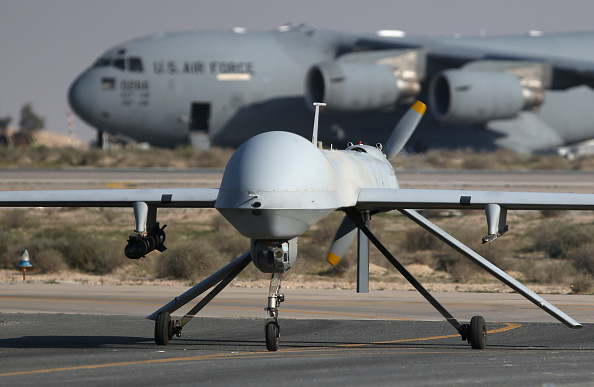
One of the biggest question marks hanging over Hillary Clinton's presidential campaign is the Justice Department's ongoing investigation of the private server Clinton used for email while secretary of state, specifically whether the arrangement compromised government secrets. The inquiry is focused on email exchanges between the U.S. ambassador in Pakistan and State Department officials over whether to oppose specific CIA drone strikes, The Wall Street Journal reports, citing "congressional and law-enforcement officials briefed on the Federal Bureau of Investigation probe."
During Clinton's tenure, the CIA was at loggerheads with officials at the State and Defense Departments over the high number of drone strikes in Pakistan, and under a compromise brokered in 2011, State Department officials were permitted to endorse or oppose specific strikes. The messages were usually sent via a secure government network, but on about six occasions, given tight time constraints, they were sent on the "low side," or on less-secure networks, The Journal reports. The vaguely worded emails — they didn't mention "drones," "CIA," or any details about targets — were sometimes forwarded to Clinton. The Journal elaborates:
The CIA drone campaign, though widely reported in Pakistan, is treated as secret by the U.S. government. Under strict U.S. classification rules, U.S. officials have been barred from discussing strikes publicly and even privately outside of secure communications systems. The State Department said in January that 22 emails on Mrs. Clinton's personal server at her home have been judged to contain top-secret information and aren't being publicly released. Many of them dealt with whether diplomats concurred or not with the CIA drone strikes, congressional and law-enforcement officials said. [The Wall Street Journal]
No criminal charges are likely, The Journal says, citing "several law enforcement officials," in part because officials at many departments (including Justice and Defense) "have occasionally resorted to the low-side system to give each other notice about sensitive but fast-moving events." But the FBI won't make any decision until it interviews Clinton this summer and reviews all the evidence. You can read more about the bureaucratic drone battle and how it relates to Clinton's emails at The Wall Street Journal.
The Week
Escape your echo chamber. Get the facts behind the news, plus analysis from multiple perspectives.

Sign up for The Week's Free Newsletters
From our morning news briefing to a weekly Good News Newsletter, get the best of The Week delivered directly to your inbox.
From our morning news briefing to a weekly Good News Newsletter, get the best of The Week delivered directly to your inbox.
A free daily email with the biggest news stories of the day – and the best features from TheWeek.com
Peter has worked as a news and culture writer and editor at The Week since the site's launch in 2008. He covers politics, world affairs, religion and cultural currents. His journalism career began as a copy editor at a financial newswire and has included editorial positions at The New York Times Magazine, Facts on File, and Oregon State University.
-
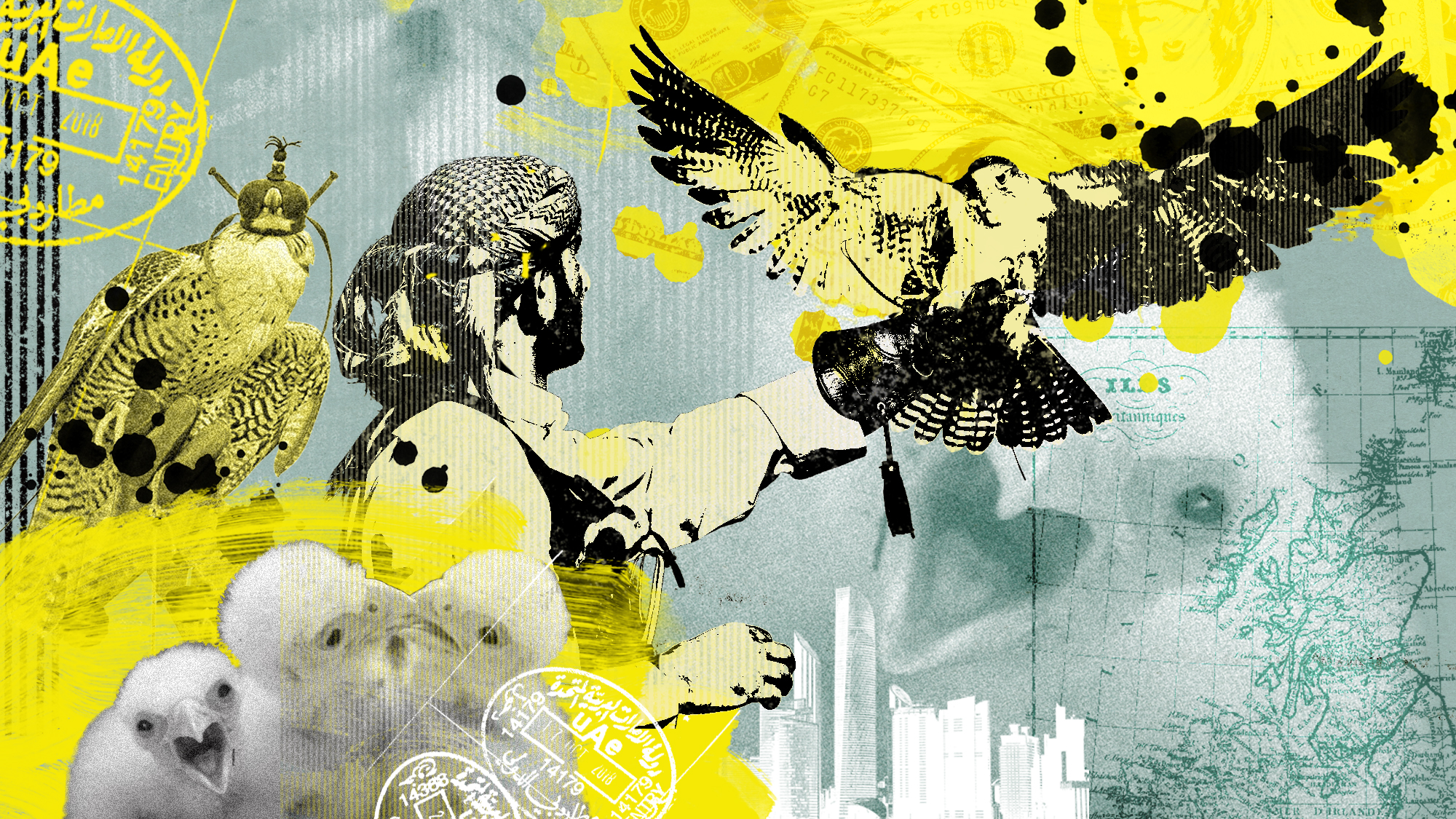 The elite falcon trade in the Middle East
The elite falcon trade in the Middle EastUnder the Radar Popularity of the birds of prey has been ‘soaring’ despite doubts over the legality of sourcing and concerns for animal welfare
-
 A running list of the international figures Donald Trump has pardoned
A running list of the international figures Donald Trump has pardonedin depth The president has grown bolder in flexing executive clemency powers beyond national borders
-
 Mixed nuts: RFK Jr.’s new nutrition guidelines receive uneven reviews
Mixed nuts: RFK Jr.’s new nutrition guidelines receive uneven reviewsTalking Points The guidelines emphasize red meat and full-fat dairy
-
 The billionaires’ wealth tax: a catastrophe for California?
The billionaires’ wealth tax: a catastrophe for California?Talking Point Peter Thiel and Larry Page preparing to change state residency
-
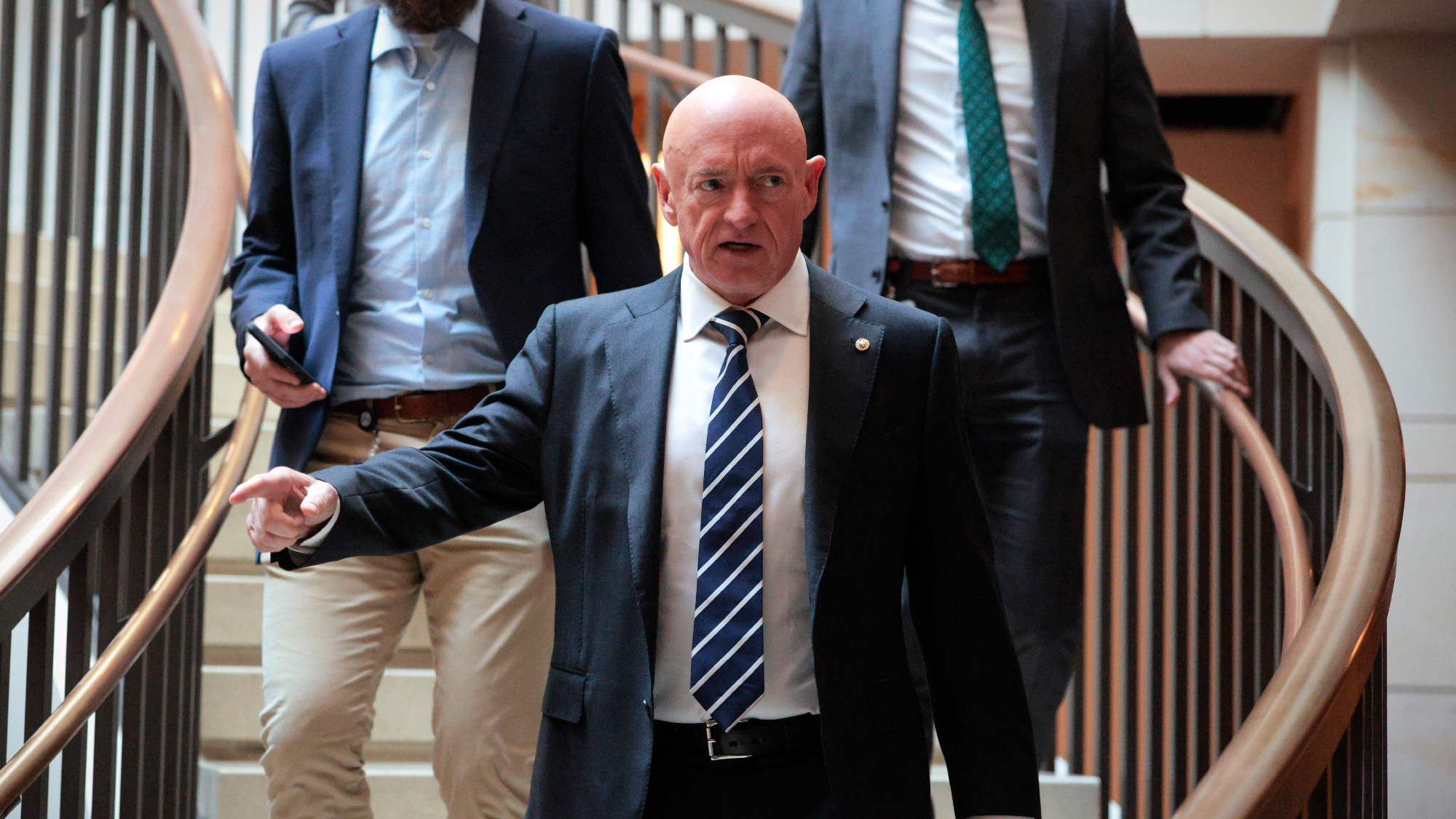 Hegseth moves to demote Sen. Kelly over video
Hegseth moves to demote Sen. Kelly over videospeed read Retired Navy fighter pilot Mark Kelly appeared in a video reminding military service members that they can ‘refuse illegal orders’
-
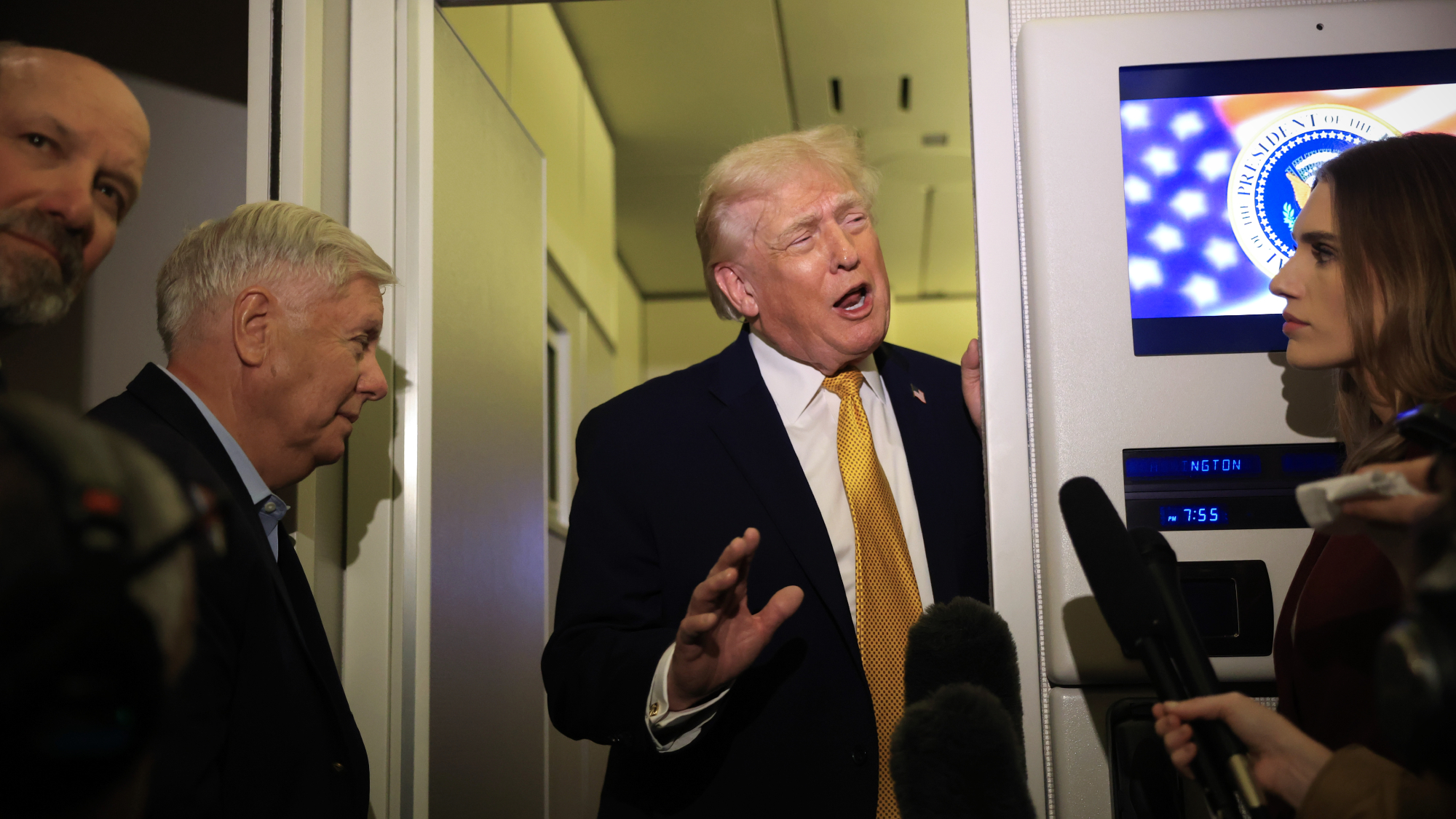 Trump says US ‘in charge’ of Venezuela after Maduro grab
Trump says US ‘in charge’ of Venezuela after Maduro grabSpeed Read The American president claims the US will ‘run’ Venezuela for an unspecified amount of time, contradicting a statement from Secretary of State Marco Rubio
-
 Bari Weiss’ ‘60 Minutes’ scandal is about more than one report
Bari Weiss’ ‘60 Minutes’ scandal is about more than one reportIN THE SPOTLIGHT By blocking an approved segment on a controversial prison holding US deportees in El Salvador, the editor-in-chief of CBS News has become the main story
-
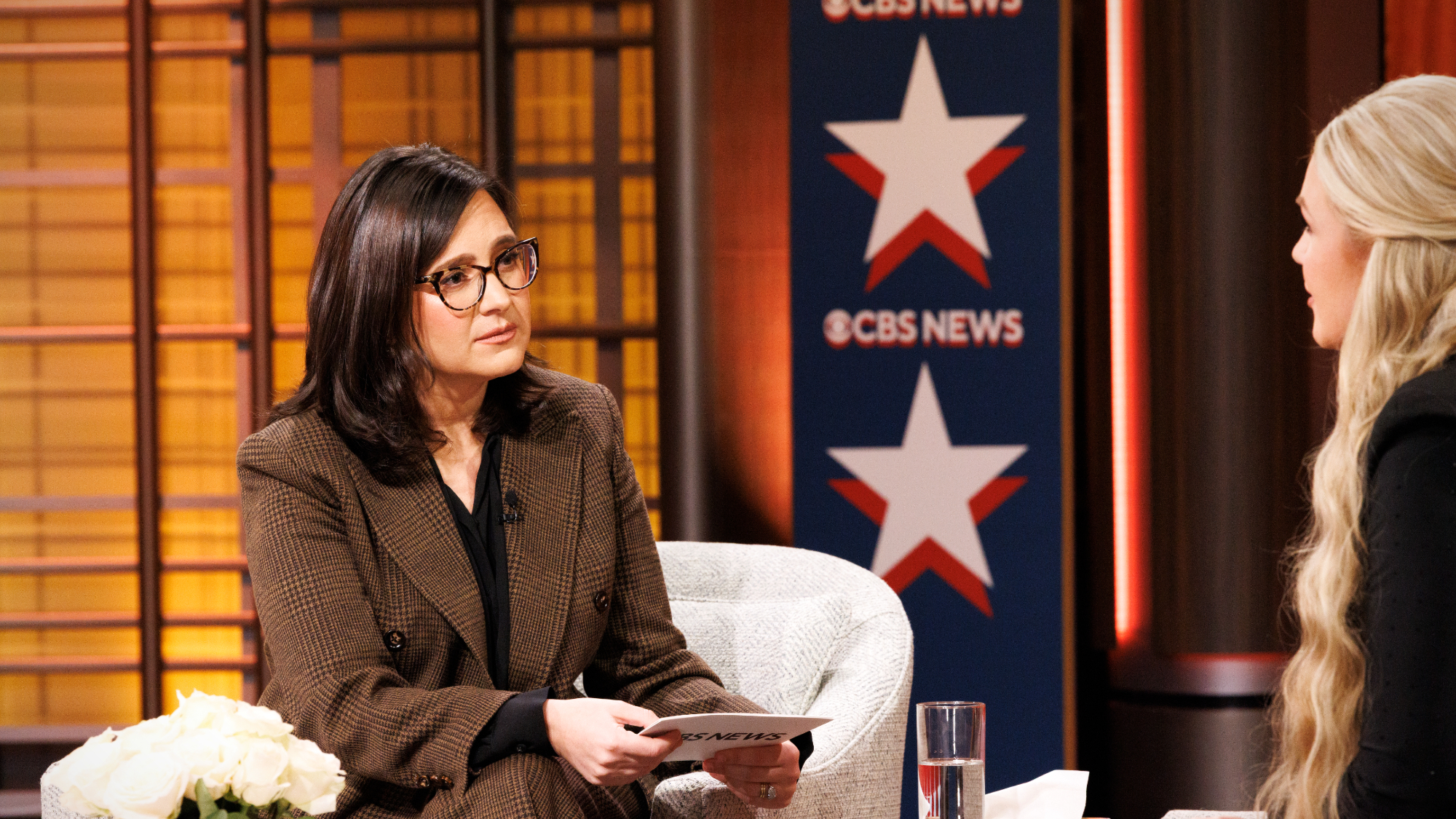 CBS pulls ‘60 Minutes’ report on Trump deportees
CBS pulls ‘60 Minutes’ report on Trump deporteesSpeed Read An investigation into the deportations of Venezuelan migrants to El Salvador’s notorious prison was scrapped
-
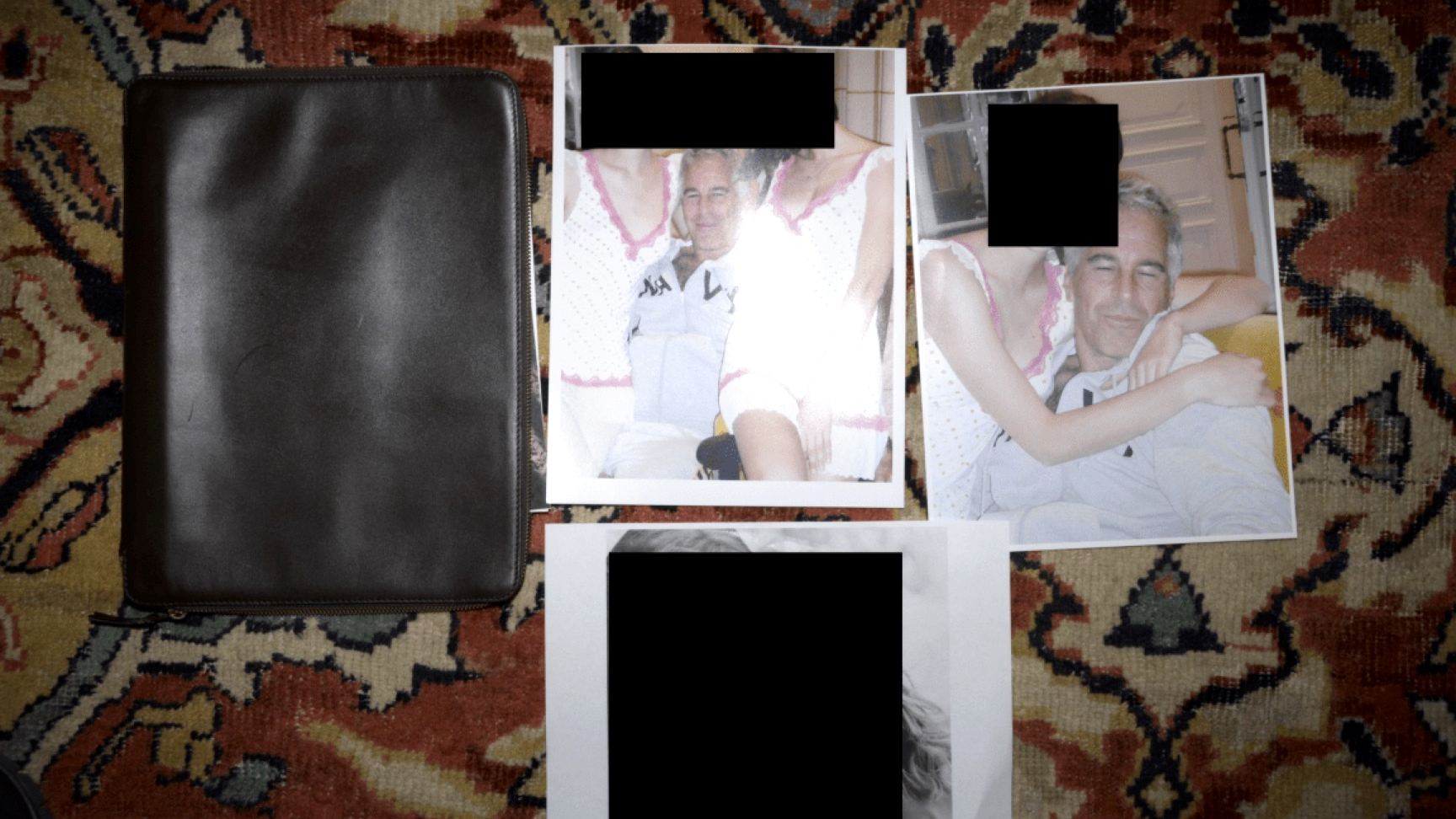 Trump administration posts sliver of Epstein files
Trump administration posts sliver of Epstein filesSpeed Read Many of the Justice Department documents were heavily redacted, though new photos of both Donald Trump and Bill Clinton emerged
-
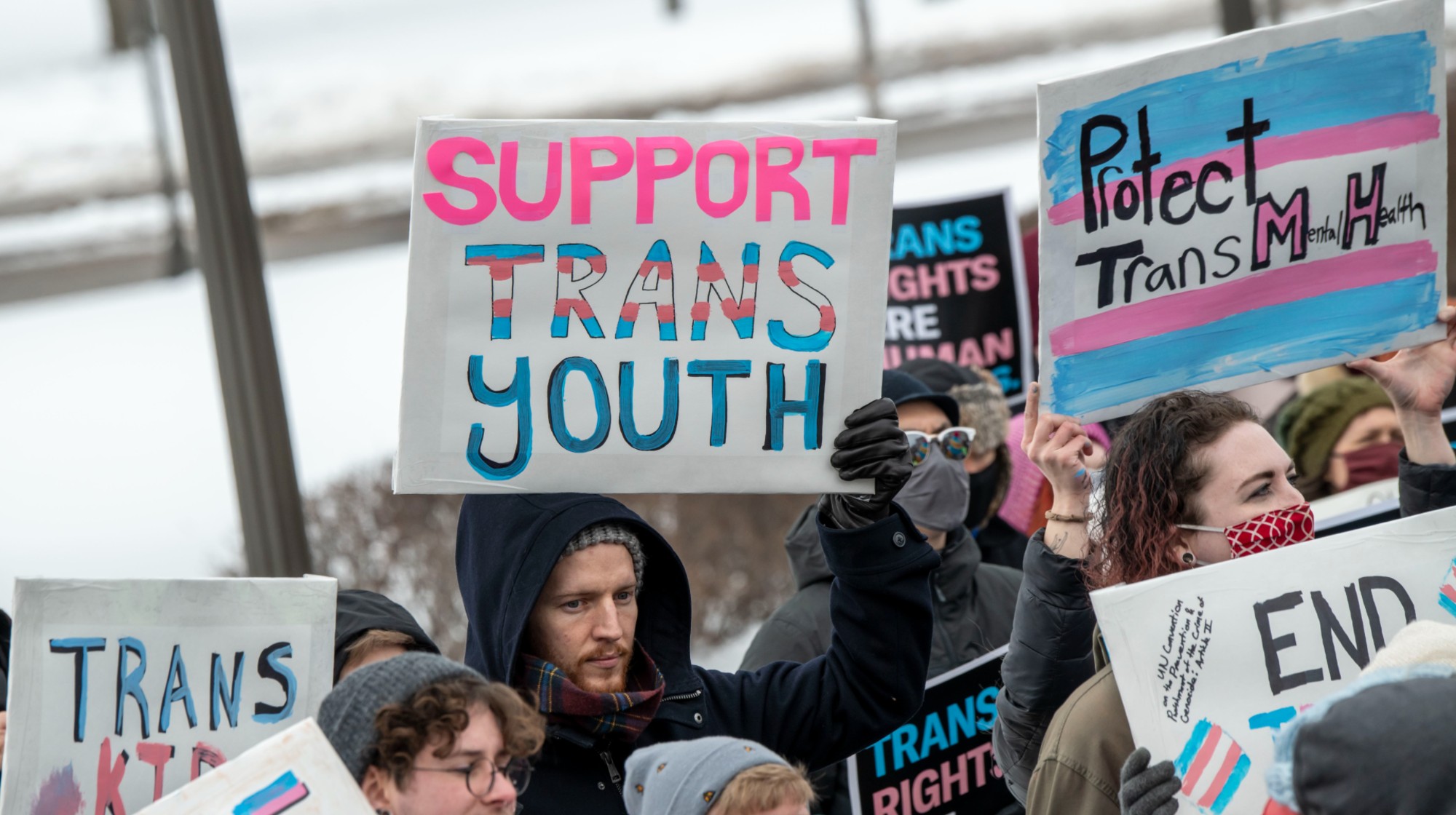 Trump HHS moves to end care for trans youth
Trump HHS moves to end care for trans youthSpeed Read The administration is making sweeping proposals that would eliminate gender-affirming care for Americans under age 18
-
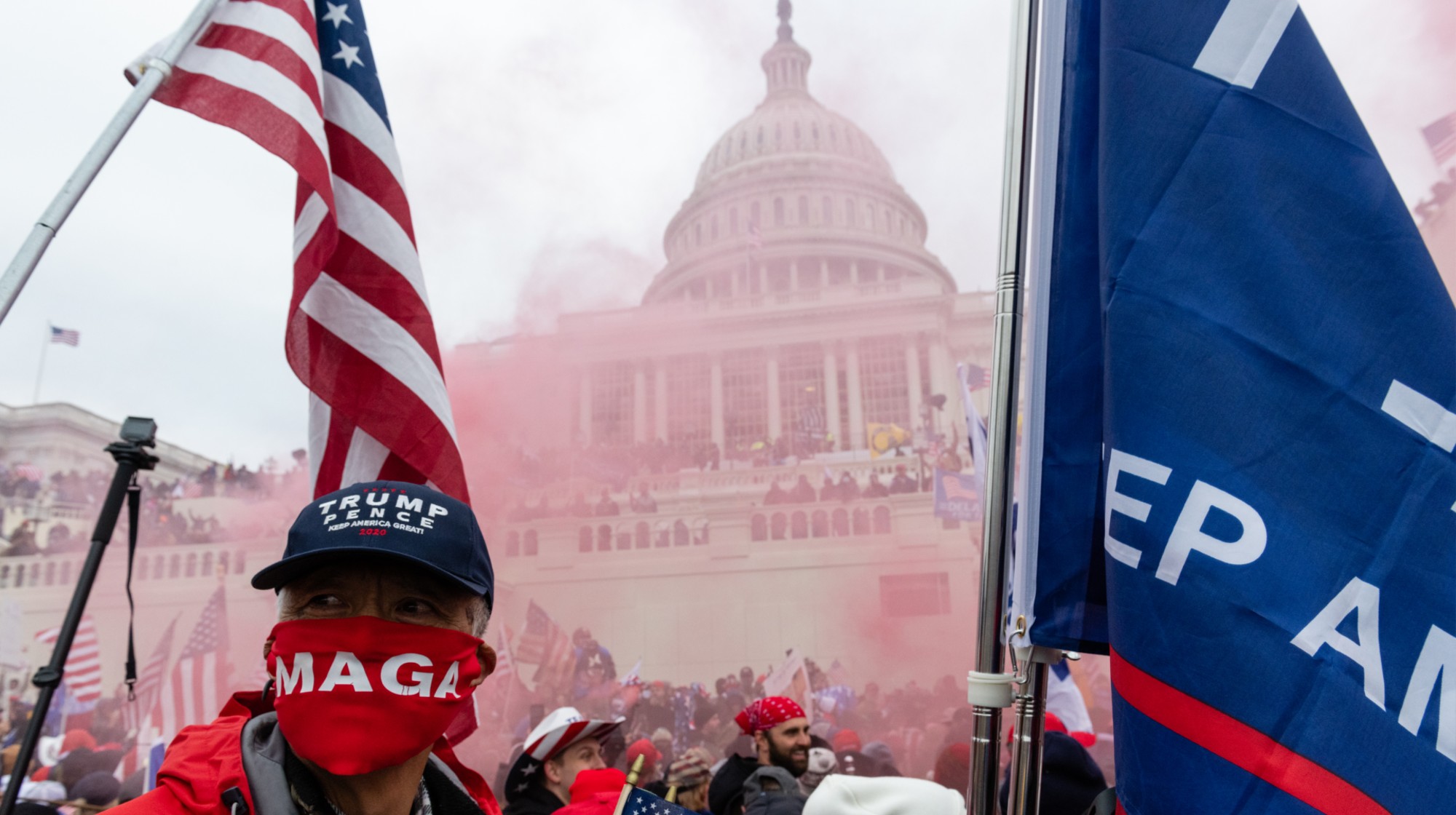 Jack Smith tells House of ‘proof’ of Trump’s crimes
Jack Smith tells House of ‘proof’ of Trump’s crimesSpeed Read President Donald Trump ‘engaged in a criminal scheme to overturn the results of the 2020 presidential election,’ hoarded classified documents and ‘repeatedly tried to obstruct justice’
